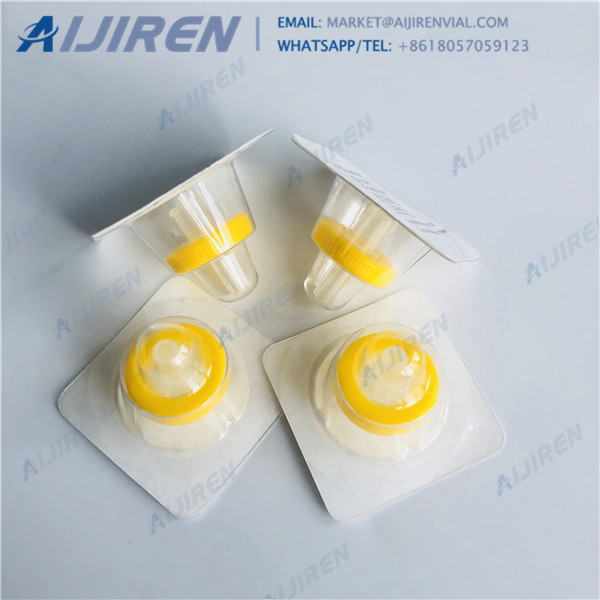
There are so many solvents and syringe filter/membrane materials that it can be tough to
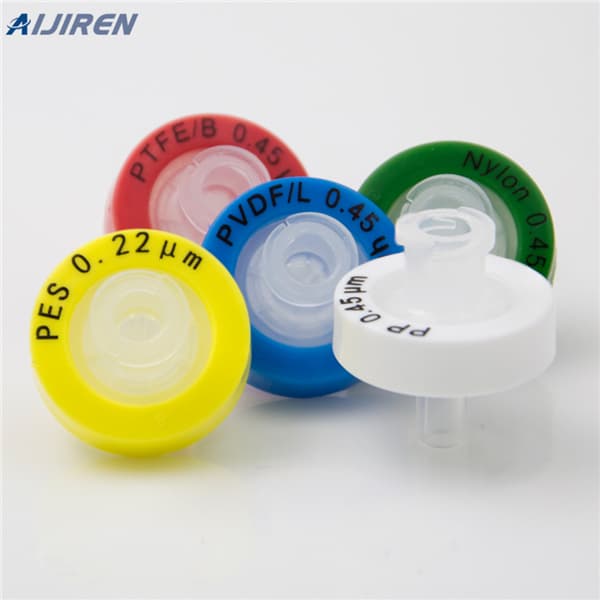
Nov 16, 2021 · Oct 29, 2021 · Oct 21, 2021 · solvent compatibility 0.22 um syringe filter Corning Leading Supplier of PTFE Syringe Filter,Welcome to Inquiry Corning® 25 mm Diameter Syringe Filters, 0.2 µm Pore NY date: 2021-10-29
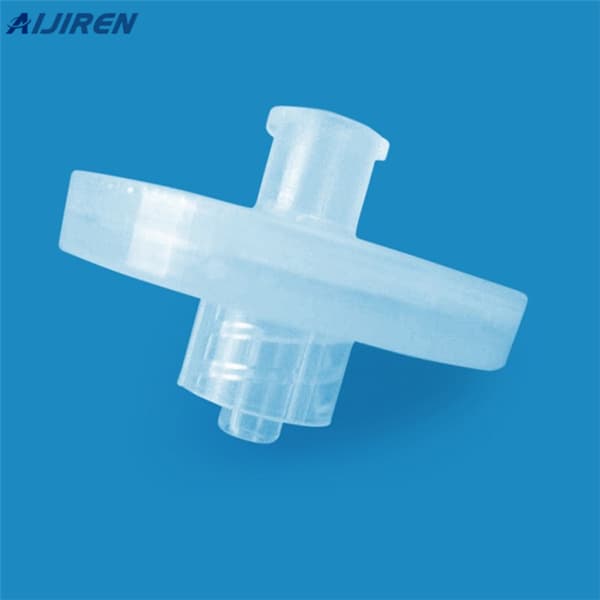
Variety of membranes, porosities, and diameters available. Luer lock inlet provides strong, leak-tight syringe connection to withstand filtration pressure. Rugged polypropylene construction— autoclavable to 121 °C for 15 minutes (75 psi). Labeled (13, 25, and 30 mm, only) and color coded for easy identification. Convenient dispenser box.
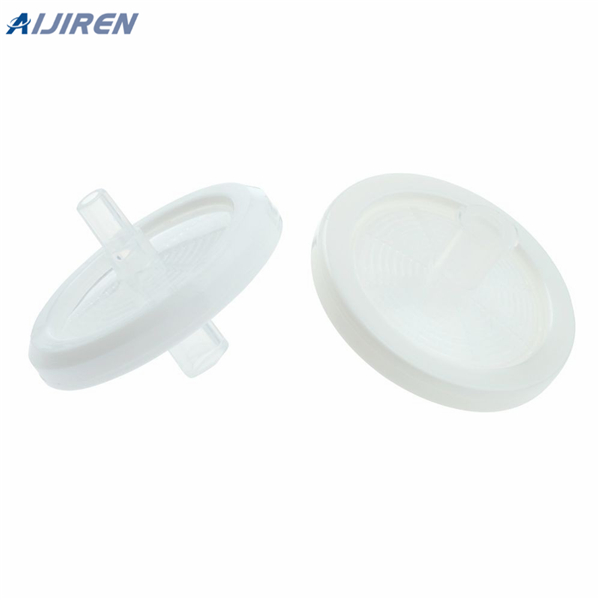
Because of their low inherent levels of extractables, nylon membrane syringe filters are commonly used to filter samples that are intended for HPLC analysis. Nylon membrane syringe filters may not be suitable for all samples and are ideal for near neutral pH aqueous solutions and compatible nonaqueous solvents.
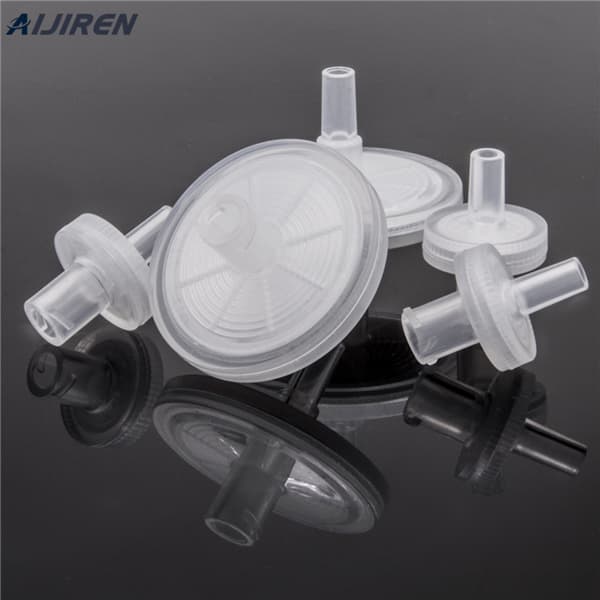
Syringe Filter Chemical Compatibility. CHEMICAL NYLON PTFE PVDF PES CA RC PP GF Acids. Acetic, Glacial LC C C C IC C C C Acetic, 25% C C C C LC C C C Hydrochloric, Concentrated LC C C C IC IC C C Hydrochloric, 25% LC C C C IC IC C C Sulfuric, Concentrated LC C IC IC IC IC C C Sulfuric, 25% LC C C C IC LC C C Nitric, Concentrated LC C C IC IC IC C LC Nitric, 25% LC C C C IC IC C LC Phosphoric, 25% LC C ND ND C LC C ND
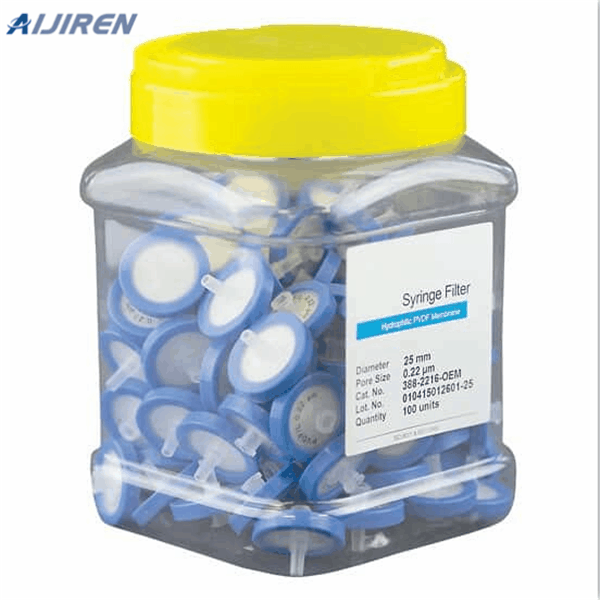
Nylon is generally chemically resistant to oils and fuels, gasoline, mineral spirits, and some alcohols. Nylon has a high melting point, around 256°C / 492°F. NOT compatible with ozone, most acids. Please Note: The information in this chart has been supplied by reputable sources and is to be used ONLY as a guide in selecting equipment for
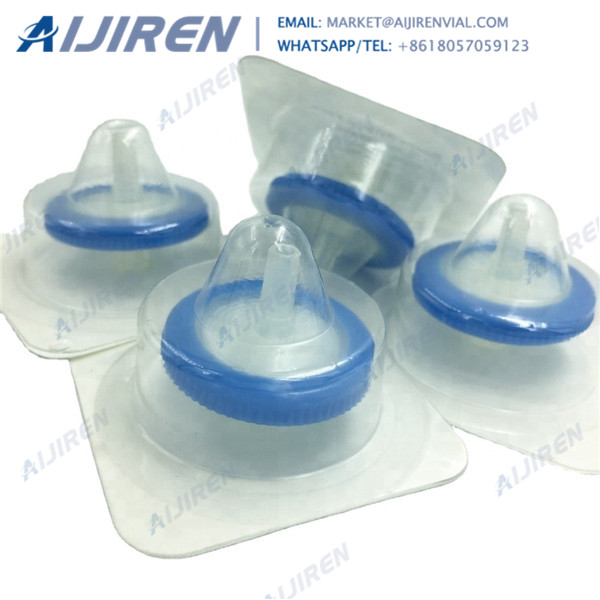
Our wide range of membrane materials (PTFE, regenerated cellulose, nylon, cellulose nitrate, polycarbonate, aluminum oxide, etc.) provides the user with an array of solvent compatibility options, porosities and pore sizes according to individual specific needs.
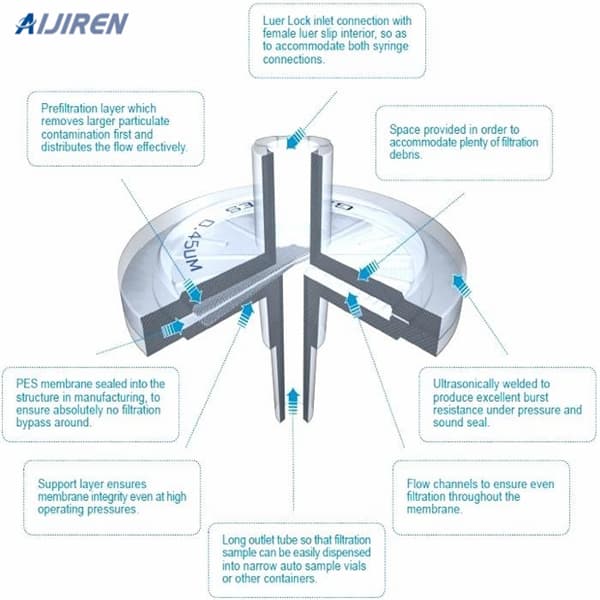
solvent compatibility mushroom syringe filter supplier Nov 16, 2021 · Oct 29, 2021 · Oct 21, 2021 · solvent compatibility 0.22 um syringe filter Corning Leading Supplier of PTFE Syringe Filter,Welcome to Inquiry Corning® 25 mm Diameter Syringe Filters, 0.2 µm Pore NY date: 2021-10-29
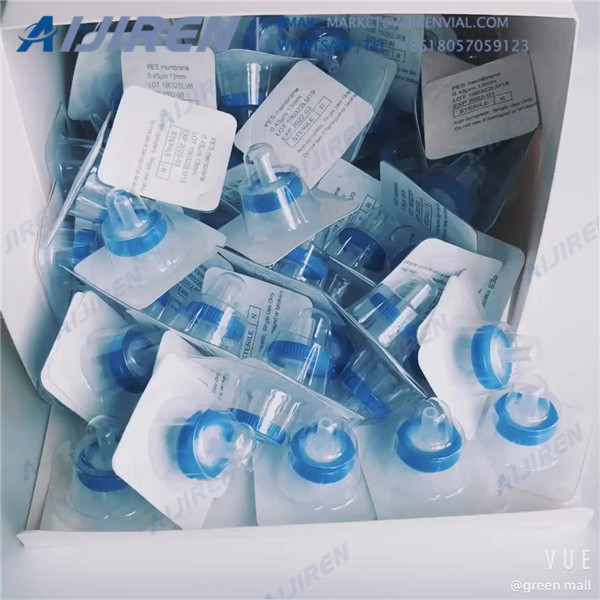
1) Syringe filter housings are manufactured from solvent-resistant, low-extractable polypropylene resins specifically selected for wide compatibility with common HPLC sample matrices. 2) Solutions at temperatures up to 100°C can be filtered using syringe filters. 3) Syringe filters can be sterilized by autoclave at 125°C for 15 minutes.
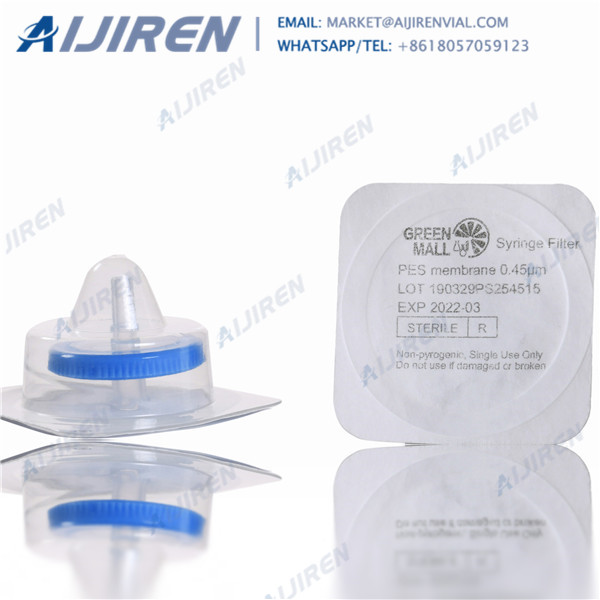
Syringe Filters for Cell Culture provide effective filtration for a wide variety of sample types; Designed with a Female Lure-Lock inlet and Male Lure-Slip outlets; Sterile Nylon Syringe Filters are individually wrapped sterile, certified RNA-free, DNA- free, and DNA –free with Non-phylogenic
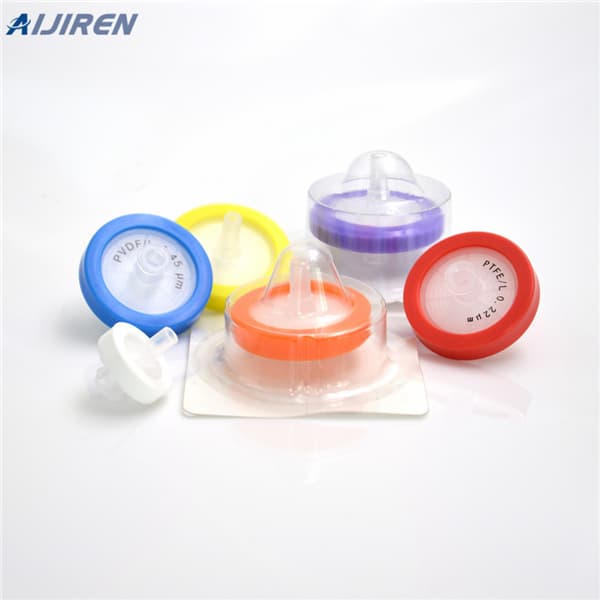
Chemical: Compatibility: Acetaldehyde: A-Excellent: Acetamide: A-Excellent: Acetate Solvent: A-Excellent: Acetic Acid: D-Severe Effect: Acetic Acid 20%: D-Severe Effect: Acetic Acid 80%: D-Severe Effect: Acetic Acid, Glacial: B-Good: Acetic Anhydride: A 1-Excellent: Acetone: A-Excellent: Acetyl Bromide: D-Severe Effect: Acetyl Chloride (dry) B-Good: Acetylene: A-Excellent: Acrylonitrile: A 1-Excellent
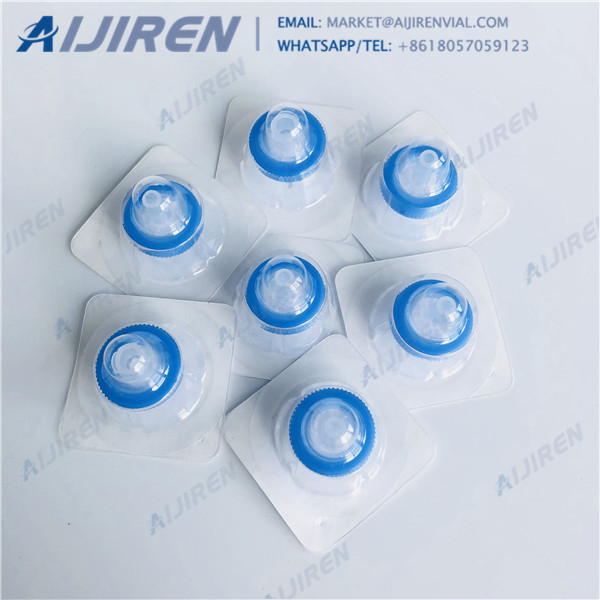
Choice Nylon Syringe Filter Specifications. Membrane: HPLC certified nylon. Maximum operating temperature: 100 °C. Housing: Medical grade, virgin polypropylene. Autoclave: Sterilize by dry heat at 121 °C for 15 minutes. Choice Nylon Syringe Filter Applications. HPLC and organic-solvent sample preparation and clean-up.
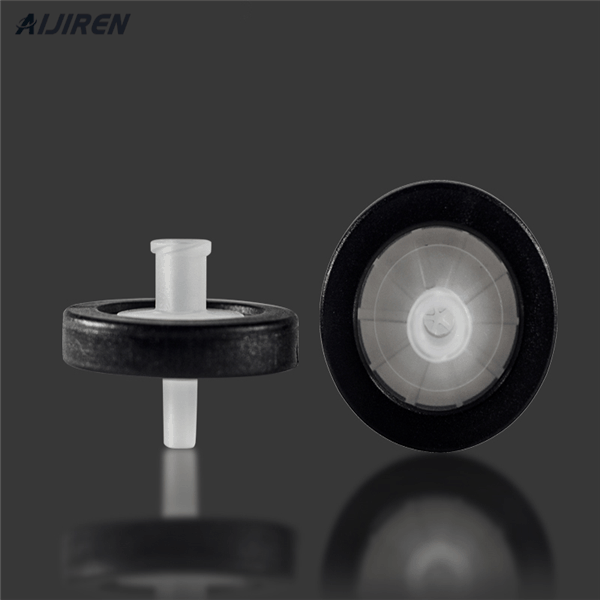
Syringe Filters Solvent Compatibility Chart 1 Protect any analytical system. 2 Extend LC column lifetime. 3 Achieve more reproducible analyses. 4 Variety of membranes, porosities, and diameters available. 5 Luer lock inlet provides strong, leak-tight syringe connection to withstand
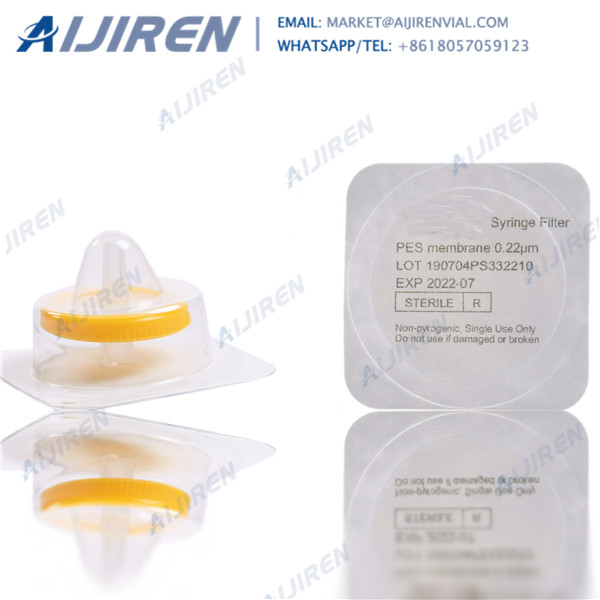
Compatibility between your syringe filter’s media and the organic solvents you are filtering is of utmost importance when performing any type of application. Not all syringe filter membrane materials are recommended for all substances and chemical reagents. For example, some solvents may eat away certain membrane materials. With other syringe